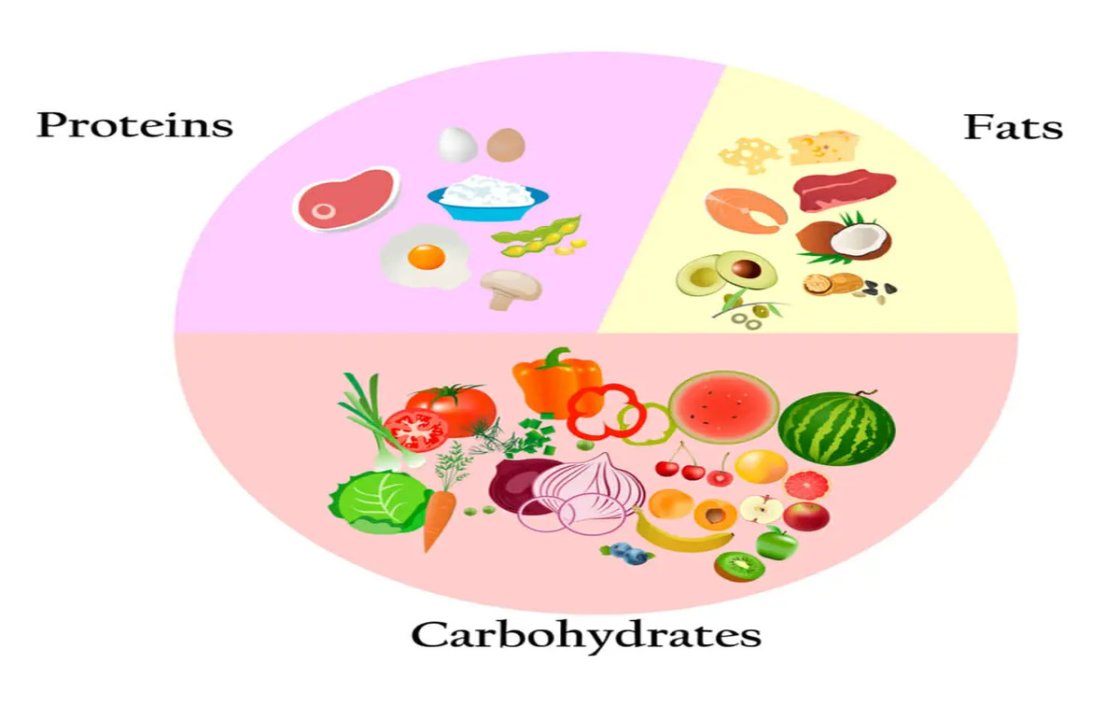In the high-stakes world of professional soccer, nutrition is the secret weapon that fuels players' peak performance and keeps them ahead of the competition.
The Science Behind Soccer Nutrition
Professional soccer players demand a lot from their bodies, both physically and mentally. Every sprint, pass, and goal requires precise energy management, and nutrition plays a central role in this equation. Carbohydrates act as the primary fuel source, while proteins repair and strengthen muscles. Healthy fats provide sustained energy, and hydration ensures optimal performance on the field. Understanding the science of macronutrients and their timing can make the difference between a win and a loss.
Customized Diets for Individual Players
Each soccer player is unique, with specific needs based on their position, playing style, and metabolism. Midfielders, who often cover the most ground, may require higher carbohydrate intake to sustain their energy. Defenders and goalkeepers might prioritize protein to support muscle recovery. Personalized nutrition plans are designed to maximize each player's strengths while minimizing fatigue and injury risks.

The Role of Recovery Nutrition
Recovery is just as important as performance. After an intense match or training session, players’ bodies need to replenish glycogen stores and repair muscle fibers. Nutritionists recommend a combination of fast-absorbing carbohydrates and high-quality proteins within the critical recovery window. This approach not only accelerates recovery but also prepares players for their next challenge.
Hydration: The Game Changer
Dehydration can significantly impair a player’s performance, affecting decision-making, speed, and endurance. Professional teams monitor hydration levels meticulously, ensuring that players are consuming the right balance of water and electrolytes. Proper hydration strategies, especially during hot weather or high-intensity matches, can prevent cramps and maintain energy levels.

Nutrition as a Long-Term Strategy
Beyond match days, consistent nutrition habits contribute to a player’s longevity and overall health. Antioxidant-rich foods combat inflammation, while omega-3 fatty acids promote joint health. Vitamins and minerals support immune function, reducing the risk of illness that could sideline a player. Nutrition is not just about the present; it’s an investment in a long and successful career.
Collaboration Between Experts and Players
The modern professional soccer ecosystem includes nutritionists, chefs, and performance coaches who work closely with players to optimize their diets. This collaboration ensures that players receive the right nutrients at the right times, whether they are at home, traveling, or in competition. By educating players about the importance of nutrition, teams create a culture of accountability and self-care.
Nutrition is more than a supplement to training; it is the foundation of success in professional soccer. From enhancing performance to accelerating recovery and prolonging careers, a strategic approach to diet and hydration empowers players to reach their full potential. In the game of soccer, where every second counts, proper nutrition could be the ultimate game-changer.




